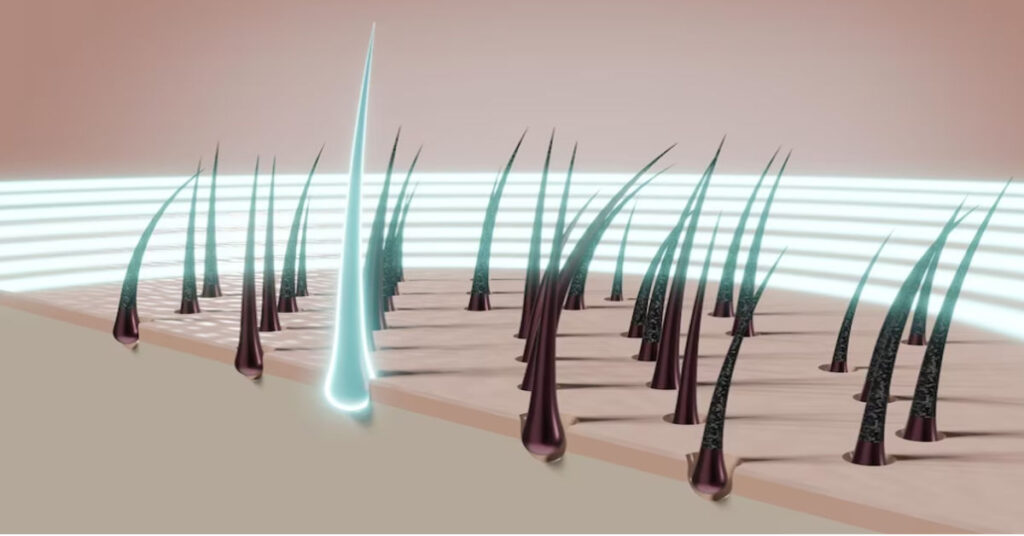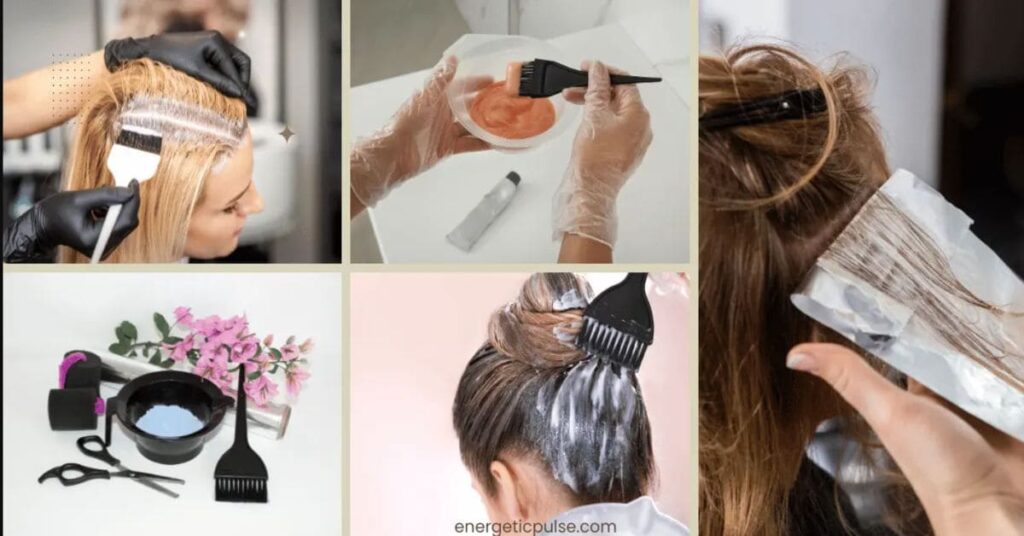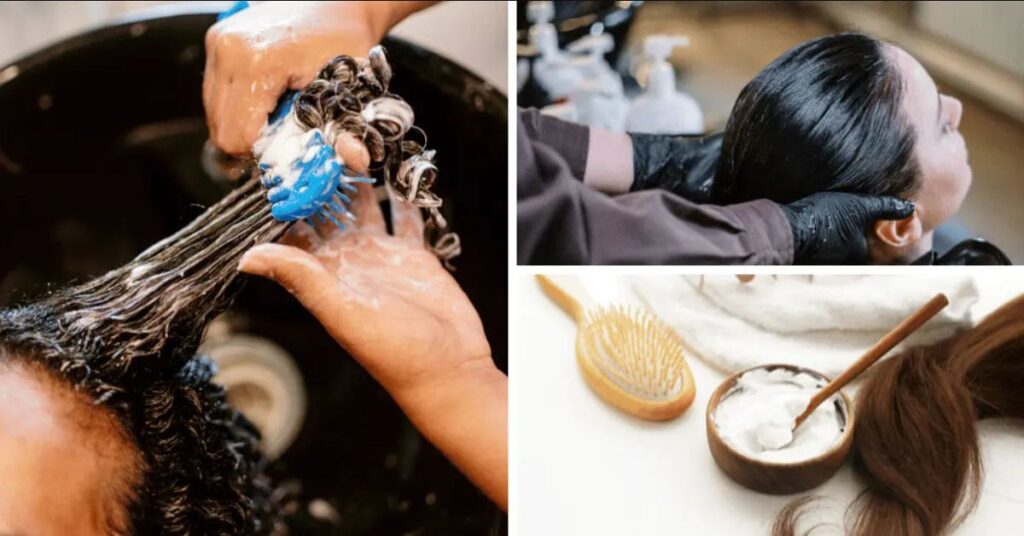Hair loss is a common concern for individuals, and it can occur at any age due to various factors such as genetics, lifestyle choices, and underlying health conditions. If you’re wondering, “Can I regrow my hair at 25?”, you’re not alone. Many people experience hair thinning or loss in their twenties, and the good news is that there are steps you can take to potentially stimulate hair regrowth.
Understanding Hair Loss at 25
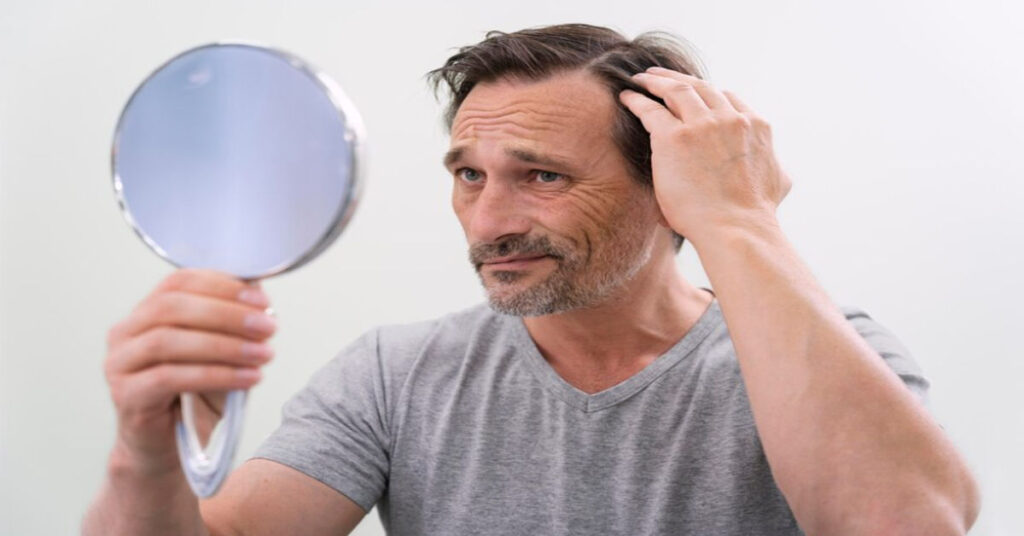
At the age of 25, hair loss can be particularly distressing, as it often feels premature. However, it’s essential to understand that hair loss can be influenced by a combination of genetic predisposition, hormonal changes, stress, poor nutrition, and environmental factors. One of the primary causes of hair loss in both men and women is androgenetic alopecia, also known as male or female pattern baldness.
Factors Affecting Hair Regrowth
Several factors can influence your ability to regrow hair at 25. These include:
- Genetics: Your genetic predisposition plays a significant role in determining your susceptibility to hair loss and regrowth potential.
- Hormonal Changes: Hormonal fluctuations, such as those experienced during puberty or pregnancy, can contribute to temporary hair loss. Hormonal imbalances, particularly an excess of dihydrotestosterone (DHT), can also contribute to hair loss.
- Stress: Chronic stress can disrupt hair growth cycles and lead to increased shedding. Managing stress through relaxation techniques can help promote hair regrowth.
- Nutrition: A balanced diet rich in vitamins, minerals, and essential fatty acids is crucial for maintaining healthy hair growth. Nutrient deficiencies can contribute to hair loss.
Steps to Regrow Hair at 25
If you’re eager to regrow your hair at 25, here are some steps you can take:
1. Consultation with a Healthcare Professional
Seeking guidance from a dermatologist or healthcare professional is the first step in addressing hair loss. They can evaluate your condition, identify any underlying causes, and recommend appropriate treatment options.
2. Adopt a Healthy Lifestyle
Maintaining a healthy lifestyle is essential for promoting hair regrowth. Focus on:
- Balanced Diet: Incorporate foods rich in protein, iron, vitamins A, C, and E, and omega-3 fatty acids.
- Regular Exercise: Exercise promotes blood circulation, which is beneficial for hair follicles.
- Adequate Sleep: Ensure you’re getting enough restorative sleep to support overall health and hair growth.
3. Hair Care Practices
Avoid harsh hair treatments and styling practices that can damage your hair follicles, such as:
- Excessive Heat Styling: Limit the use of hairdryers, straighteners, and curling irons.
- Tight Hairstyles: Avoid hairstyles that pull on the hair follicles, such as tight ponytails or braids.
- Chemical Treatments: Minimize the use of harsh chemical treatments like bleaching or perming.
4. Use Hair Growth Products
Explore hair care products specifically formulated to promote hair growth and improve scalp health. Look for ingredients such as:
- Minoxidil: is an FDA-approved topical solution for stimulating hair regrowth.
- Biotin: A B vitamin known for its role in supporting healthy hair, skin, and nails.
5. Medical Treatments
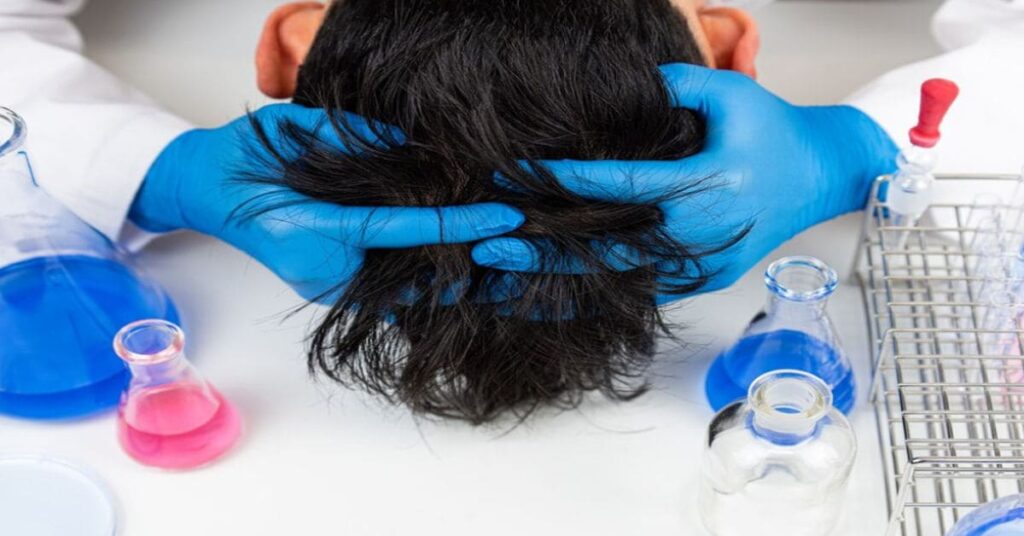
Consider medical treatments such as:
- Minoxidil: Available over-the-counter, minoxidil is applied directly to the scalp to stimulate hair growth.
- Finasteride: is a prescription medication that inhibits the production of DHT, a hormone linked to hair loss in men.
6. Advanced Hair Restoration Techniques
For severe cases of hair loss, advanced hair restoration techniques such as:
- Platelet-rich plasma (PRP) Therapy: Uses growth factors from your blood to stimulate hair follicles.
- Hair Transplant Surgery: This involves transplanting hair follicles from donor areas to balding or thinning areas.
Conclusion: Taking Control of Hair Regrowth
While regrowing hair at 25 may seem daunting, it’s important to remember that you have options available to you. By addressing underlying causes, adopting healthy lifestyle habits, and exploring effective treatment options, you can take proactive steps toward regaining confidence in your hair. Consultation with a healthcare professional is key to developing a personalized plan that meets your needs and goals.
Further Resources:
- American Academy of Dermatology: Hair Loss
- National Institute of Arthritis and Musculoskeletal and Skin Diseases – Hair Loss
Remember, regrowing hair takes time and patience, but with dedication and the right approach, you can achieve positive results. Don’t hesitate to reach out for professional guidance and support along the way.
Conclusion,
Regrowing hair at 25 is achievable with the right approach. Consulting a healthcare professional to understand the cause of hair loss is crucial. Maintaining a healthy lifestyle, including a balanced diet and stress management, supports hair regrowth. Using specialized hair care products and treatments like minoxidil or finasteride can stimulate growth, alongside options such as PRP therapy or hair transplant surgery. Patience and consistency are key, as regrowth takes time. With proper care and guidance, achieving thicker, healthier hair at 25 is within reach.
